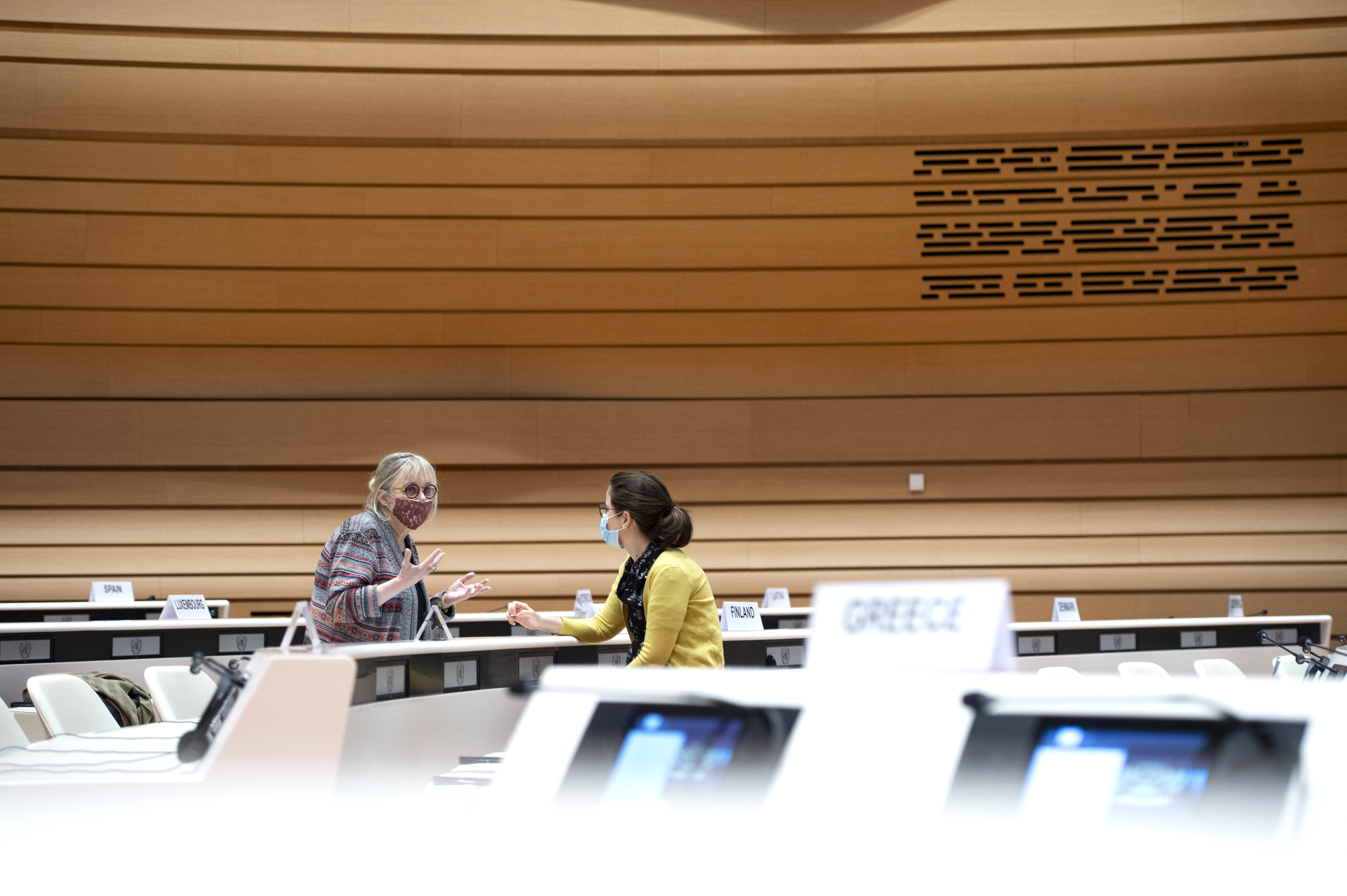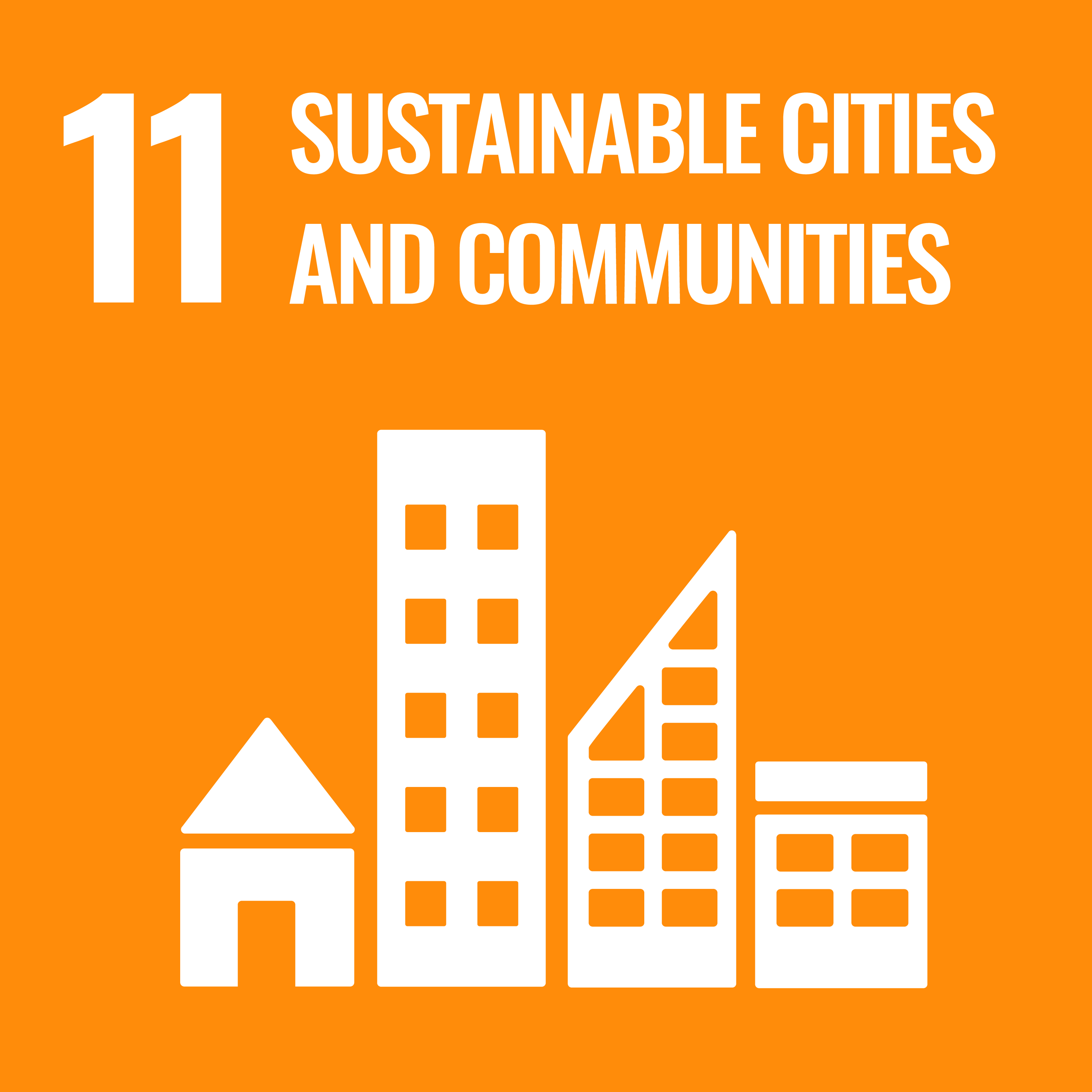Background
Voluntary National Review (VNR) is a process through which countries assess and present national progress made in implementing the 2030 Agenda for Sustainable Development, including achieving its 17 Sustainable Development Goals and the pledge to leave no one behind. The purpose of VNRs is to present a snapshot of where the country stands in the implementation of the SDGs, with a view to help accelerate progress through experience sharing, peer-learning, identifying gaps and good practices, and mobilizing partnerships.
Local and regional governments are also increasingly engaging in such sub-national reviews of SDG implementation, also called Voluntary Local Reviews (VLRs). While the VLRs hold no official status, the process of undertaking these sub-national reviews is providing multiple benefits to the entities engaging in them and to SDGs implementation at large. These VLRs can also help to reinforce vertical coherence and complement and contribute to the national Voluntary National Reviews of SDGs implementation.
The VNR-VLR Studio provided an opportunity for a discussion between local and national governments in the UNECE region on (1) experiences with the processes of collection of local data for the development of the VLRs/smart sustainable cities profiles and VNRs; and (2) the use of the collected data for the evidence-based policymaking, for instance, for the development of city action plans, programmes and projects. The participants discussed how the evidence-based approach helps to accelerate achieving the SDGs on local level and support the improvement of the quality of life of people, especially vulnerable groups.
UNECE - Forests, Land and Housing Division; UN DESA; UN-Habitat and Union of Cities and Local Governments (UCLG); University of Geneva; ITU



